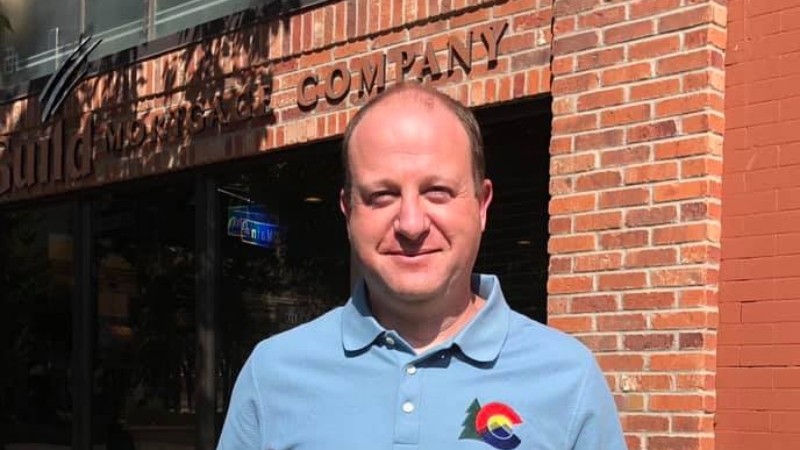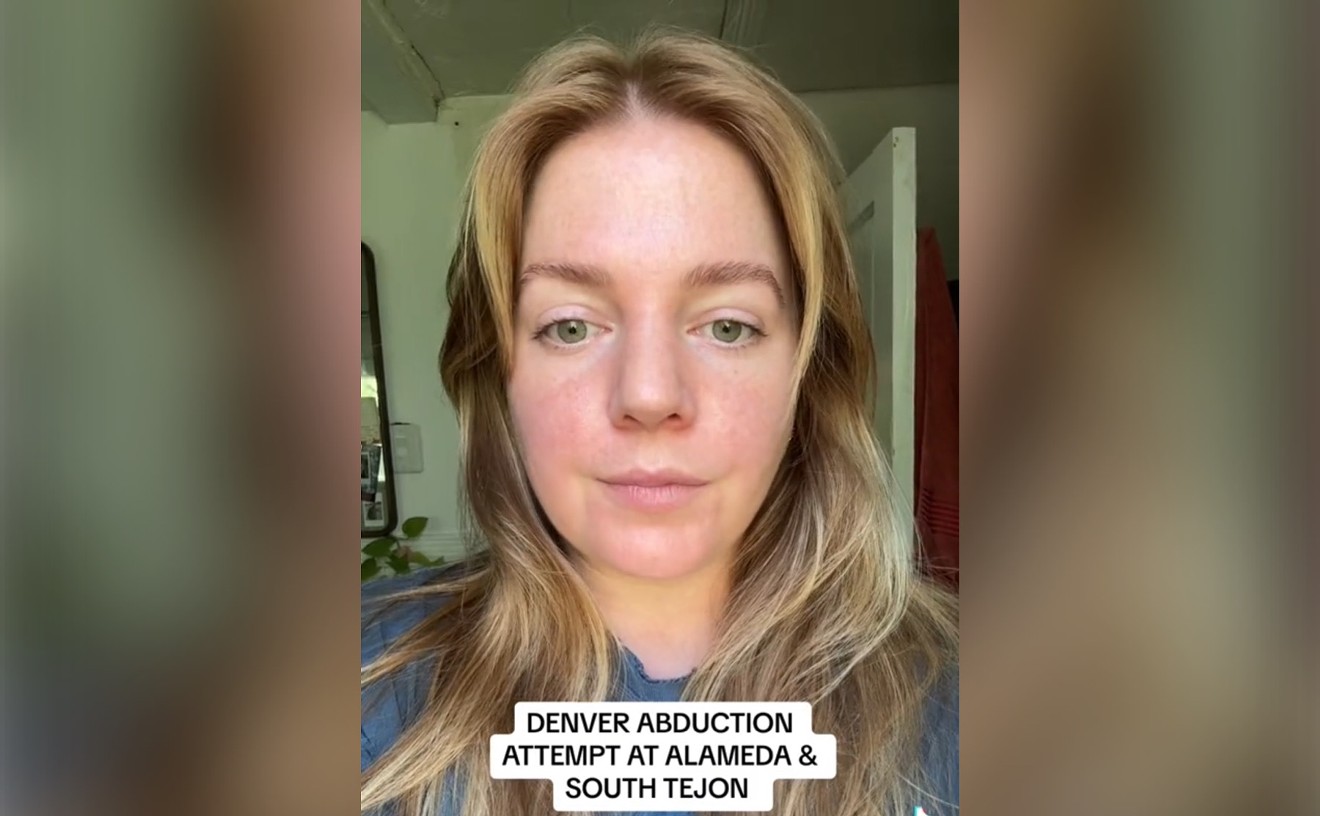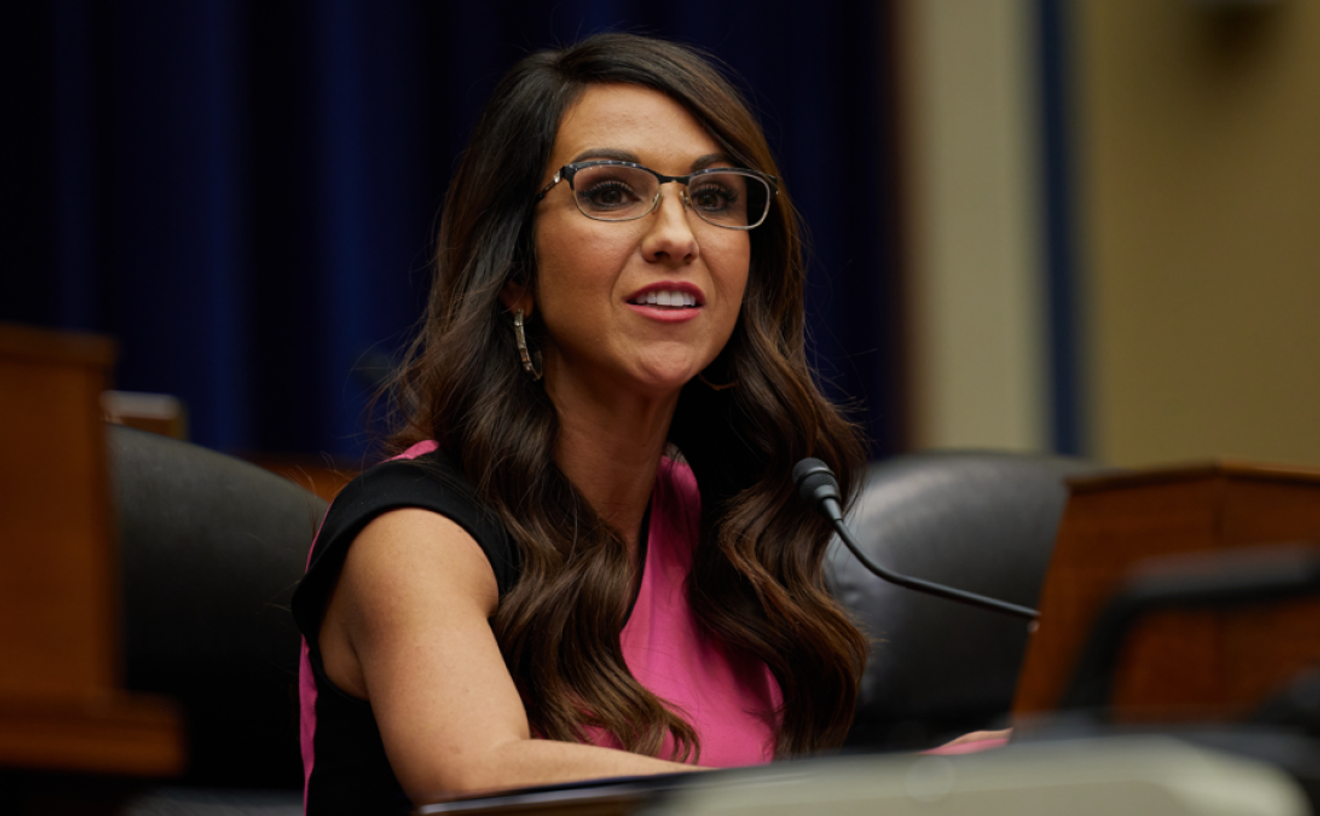Governor Jared Polis's October 13 press conference on the state's response to COVID-19 focused on new approaches to help restaurants survive and thrive during the winter months. But this sunny and upbeat message was undermined by numbers that are the worst since the start of the coronavirus pandemic.
Polis revealed that two of the past three days have gone over 1,000 positive cases; on October 12, 1,048 were recorded. The state had never before crossed the 1,000 threshold. Deaths in the state specifically from the disease are now at 2,009, and the COVID-19 positivity rate has averaged 5.4 percent per 100,000 people over the last three days, hitting 6.4 percent on October 13. The World Health Organization considers a positivity rate over 5 percent as a cause for alarm, as well as an indication that some restrictions that had previously been loosened might need to be put back in place.
Polis didn't support a new shutdown for places that are driving the viral increases — Denver and Adams counties, specifically. But he did say that these areas need to come up with strong mitigation plans to prevent the numbers from spiraling out of control. Also key: an increase in testing, so that more cases are caught before they can spread.
The governor's guests included Sonia Riggs, president and CEO of the Colorado Restaurant Association; Aileen Reilly, owner with her brother Paul of two restaurants (Beast + Bottle and Coperta); and Alice Jackson, president of Xcel Energy Colorado. Together with Polis, they discussed a new workshop planned for October 19 that will bring together restaurateurs, architects, engineers, government officials and more to come up with innovative ideas that will allow outdoor dining — a safer approach to on-site service than eating indoors — during the winter months through the use of tents, space heaters, fire pits and the like. Xcel is donating $500,000 to help restaurants make necessary adaptations along these lines, and has pledged to match additional gifts of up to another $250,000.
According to a survey cited by Riggs, 65 percent of restaurateurs who remain in operation say they'll likely have to close within six months if nothing changes. Yet conversations about going out to eat kept bumping up against the grim reality represented by the COVID-19 statistics.
"We need to get this under control," Polis stressed, adding that the success of the new restaurant measures "all depends on consumer confidence and safety."
Meanwhile, Polis intimated that hospitalization figures will almost certainly get worse before they get better. At last report, 290 people were hospitalized because of the virus — roughly twice as many as had been admitted to a medical facility just a couple of weeks back. And because hospitalizations are a lagging stat, the impact of the 1,000-case days won't be fully felt for a week or more, he acknowledged.
The clock is ticking, he added, since Thanksgiving and the December holiday season are looming. By his estimate, Colorado only has a few weeks to drive the troubling numbers down, since family gatherings and other social activities are expected to increase the risk of future spikes.
During a question-and-answer period, Polis was asked why he believes people will improve their mask usage and do better in regard to social distancing and other recommended protocols. "This virus has taken the lives of more than 2,000 of our fellow Coloradans and more than a million people across the world," he replied. "Many Coloradans know somebody who was hospitalized for a long period of time. In some cases they made it; in some cases they didn't. They got to see the destructiveness, the deadliness of this virus up close and personal. Coloradans took that seriously."
He also stressed that hospital capacity hasn't yet been exceeded, but it could certainly happen: "We have 290 hospitalizations, but that cannot double and double again. If it continues to, we will be in trouble."
[
{
"name": "Air - MediumRectangle - Inline Content - Mobile Display Size",
"component": "12017618",
"insertPoint": "2",
"requiredCountToDisplay": "2",
"watchElement": ".fdn-content-body",
"astAdList": [
{
"adType": "rectangle",
"displayTargets": "mobile"
}
]
},{
"name": "Editor Picks",
"component": "17242653",
"insertPoint": "4",
"requiredCountToDisplay": "1",
"watchElement": ".fdn-content-body",
"astAdList": [
{
"adType": "rectangle",
"displayTargets": "desktop|tablet"
},{
"adType": "rectangle",
"displayTargets": "desktop|tablet|mobile"
}
]
},{
"name": "Inline Links",
"component": "18838239",
"insertPoint": "8th",
"startingPoint": 8,
"requiredCountToDisplay": "7",
"maxInsertions": 25
},{
"name": "Air - MediumRectangle - Combo - Inline Content",
"component": "17261320",
"insertPoint": "8th",
"startingPoint": 8,
"requiredCountToDisplay": "7",
"maxInsertions": 25,
"watchElement": ".fdn-content-body",
"astAdList": [
{
"adType": "rectangle",
"displayTargets": "desktop|tablet"
},{
"adType": "rectangle",
"displayTargets": "desktop|tablet|mobile"
}
]
},{
"name": "Inline Links",
"component": "18838239",
"insertPoint": "8th",
"startingPoint": 12,
"requiredCountToDisplay": "11",
"maxInsertions": 25
},{
"name": "Air - Leaderboard Tower - Combo - Inline Content",
"component": "17261321",
"insertPoint": "8th",
"startingPoint": 12,
"requiredCountToDisplay": "11",
"maxInsertions": 25,
"watchElement": ".fdn-content-body",
"astAdList": [
{
"adType": "leaderboardInlineContent",
"displayTargets": "desktop|tablet"
},{
"adType": "tower",
"displayTargets": "mobile"
}
]
}
]












